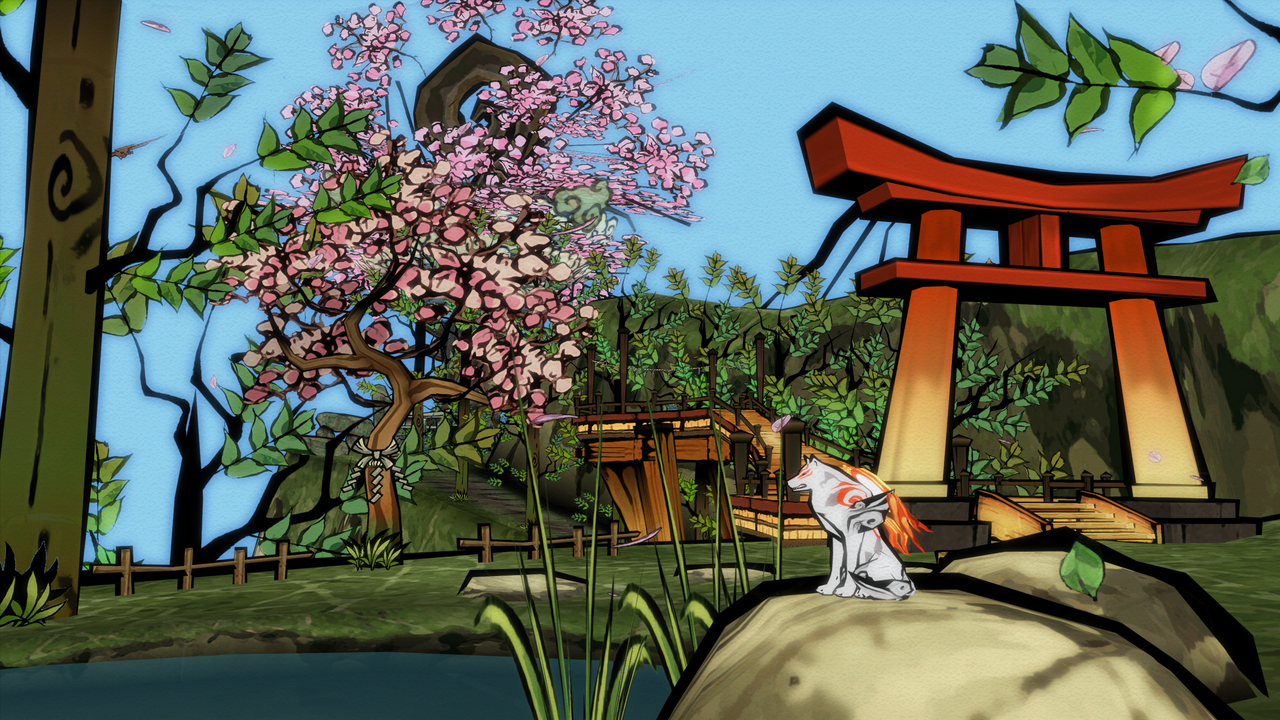Localization of games must take into account the original culture of the original

The Internet has once again exploded a new wave of discussion (as is often the case) regarding the recent decision of Nintendo to censor the costumes of some of the characters in the Fatal Frame: Maiden of Black Water and Xenoblade Chronicles X. Despite some complaints from purists about new changes, most American players agree with the fact that tiny bikinis do not fit the nature of the game in the horror genre, nor the character of a 13-year-old girl in a role-playing game. Not surprisingly, this sparked a discussion about the localization of games, especially the localization of products from Japan for the United States.
In the cases of Fatal Frame and Xenoblade, the decision to choose less exotic costumes for the characters was most likely a good idea. But it is not at all possible that such “domestication”, or localization under local culture, may go too far. If the studio is not careful in adapting the game, then as a result the product itself can receive such changes that cripple the distinctive culture that its creators have put into the game.
In other words, it may turn out that you will not play at all in the game that was conceived by its developers. And this can be called a problem.
')
The problem of adapting a product to the local market is the result of a deeper question: Americans simply tend to prefer not to bother with the identity of other cultures, without knowing anything about them. You can call it arbitrarily “American exclusivity” or “patriotism” (I personally like this definition: “Neo-Puritan illusion of superiority”, but this is a lyrical digression) —but the United States is famous for its ingrained disregard for the rest of the world. So, if a Japanese company wants to make a profit in the United States, then it is best to make the game so that it resembles the American product as much as possible - either initially, or due to localization.
Such minor changes, such as replacing American dishes in the game of Japanese dishes, can deprive you of the experience of exploring a different culture, but in general they cannot significantly change the meaning of the game. However, significant changes regarding the main theme of the game or content in order to adapt it to American culture will not only distort the nature and essence of the game, but also increase the cultural gap between America and other countries (like Japan, for example).
Take at least those elements of Japanese culture (even if banal) that Americans learned from the games: the rejuvenating hot springs in Pokémon and Mother 3; the memorable vulgar hero of Japanese folklore Tanuki from Mario 3; or the art and mythology with which Okami is infused. Games are an important means of communication and understanding between cultures, especially between Japan and the United States.

Games like Okami are culturally important.
And therefore, it is very important that gamers themselves demand that the gaming industry treat games as the cultural heritage that they are and ensure that localization of the original culture and promise is preserved in the games for the American market. The Americanization of Japanese games is an insult to both Japanese developers and modern American gamers, whose intelligence level is called into question by the fact of game adaptation. For example, such titles as Skyrim, Minecraft, World of Warcraft and Fallout are massive, multifaceted and extremely popular games that confirm that modern gamers are smart, resourceful and interested in discovering new things for themselves.
According to Clyde Mandelin, the creator of the unofficial localization of Mother 3 and the translator of Funimation, it was only in recent years that the idea of preserving the authenticity of video games emerged, and the attitude towards them as works of art began to take root, to the smallest details at different levels of localization will be more valued by both gamers and developers. "
It's hard not to agree with him: in the US, interest in other cultures is beginning to awaken, which became especially noticeable during the first few decades of the Internet, and it is gamers who are among the most suitable people to stimulate further development of this trend. You just need to start demanding the same from publishers.
Source: https://habr.com/ru/post/296528/
All Articles